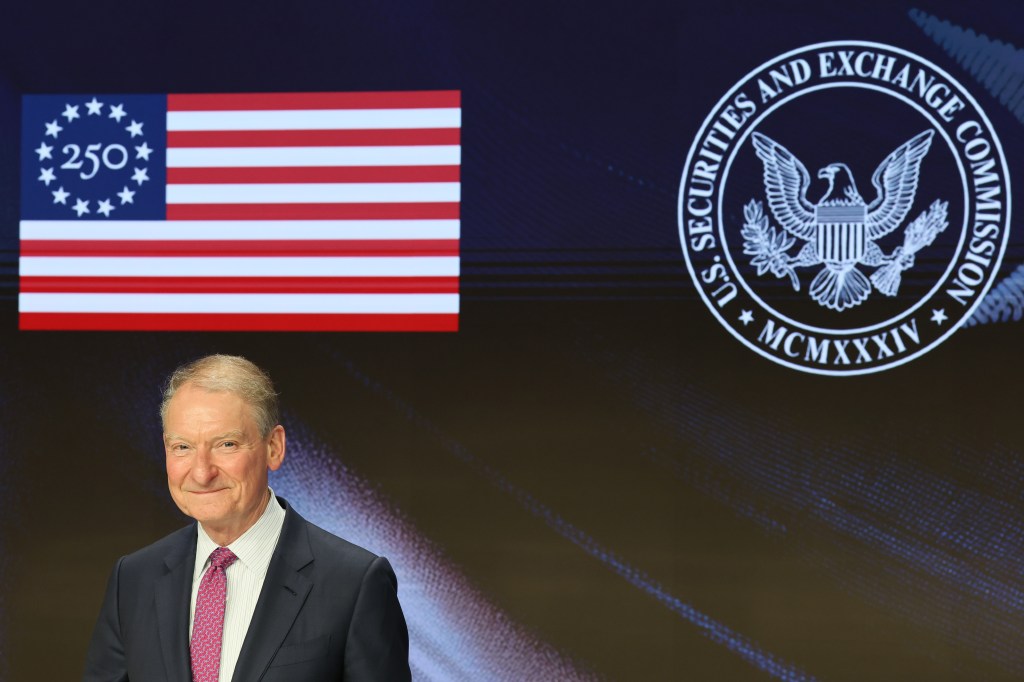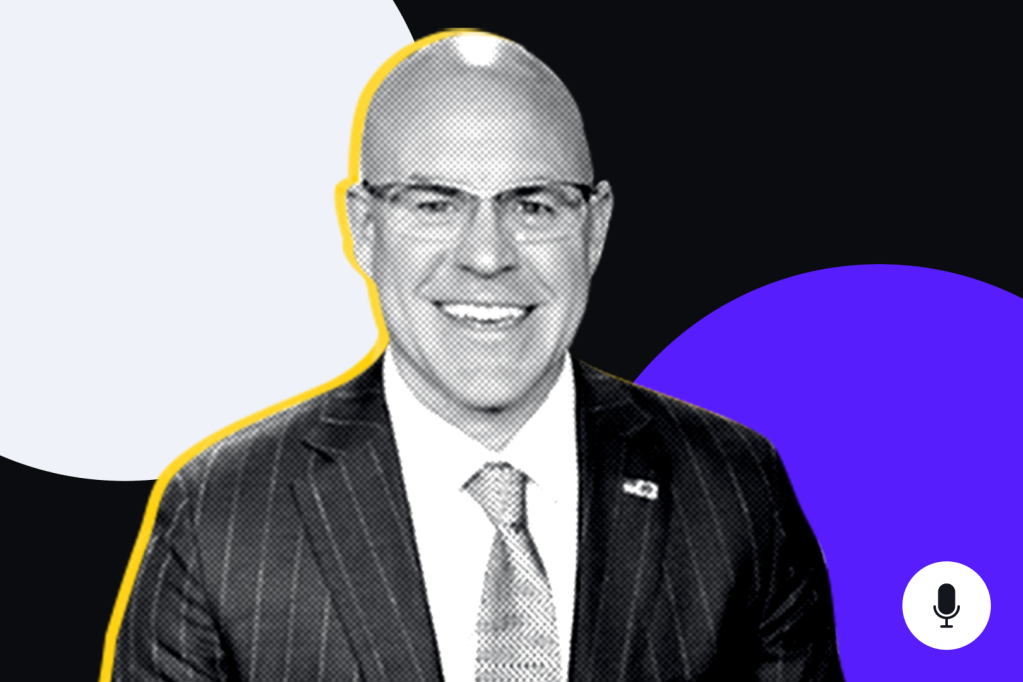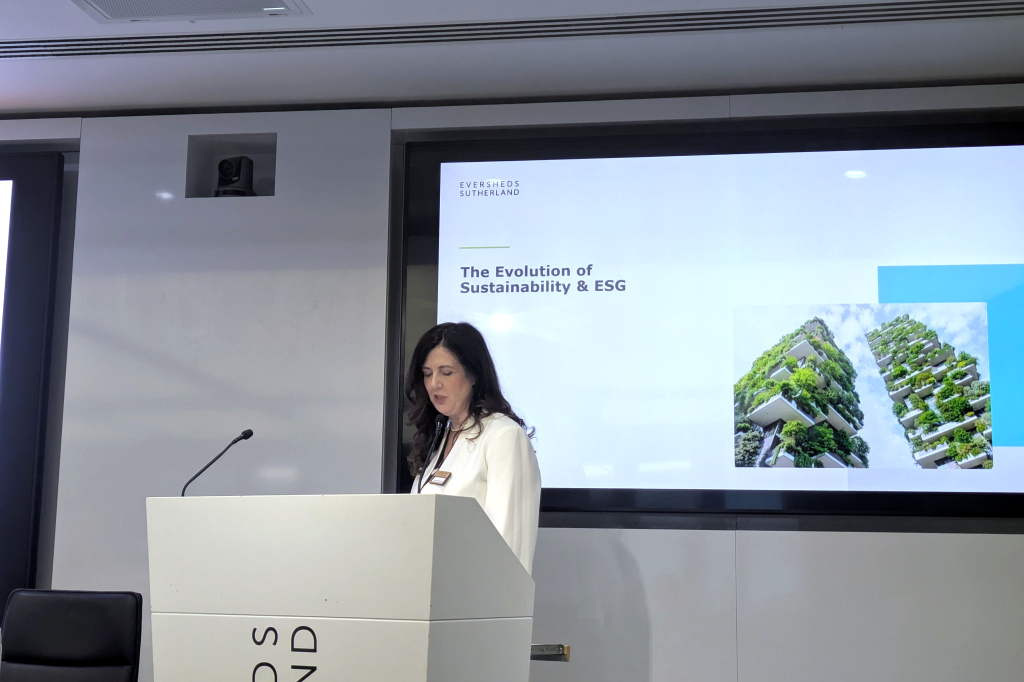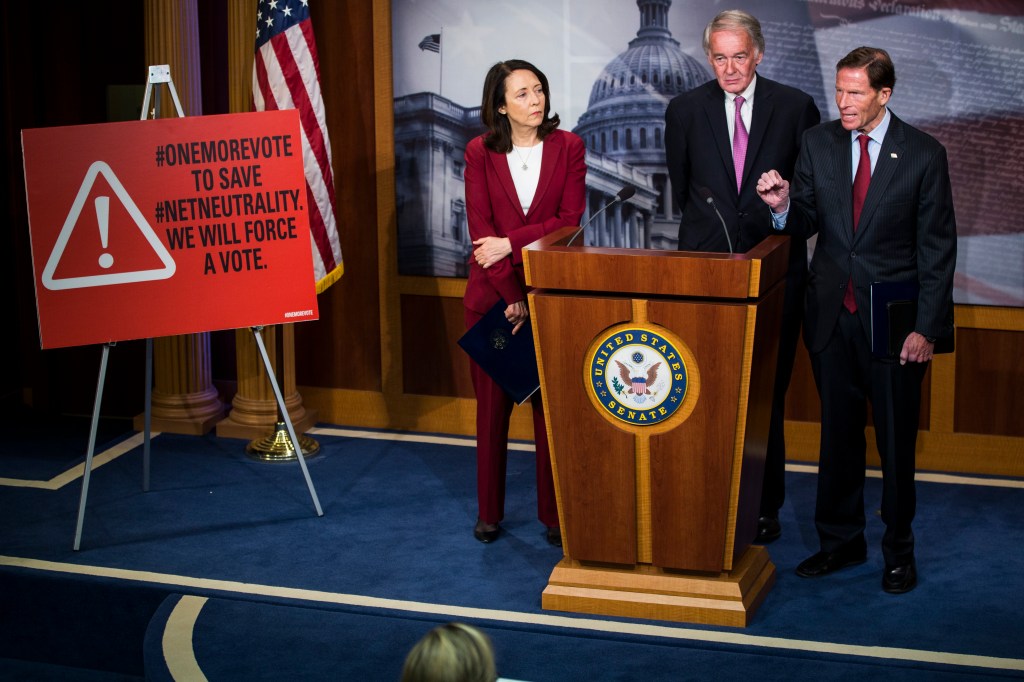The Sixth Circuit Court of Appeals has struck down the Federal Communications Commission’s (FCC) net neutrality rule, the Safeguarding and Securing the Open Internet Order.
A panel of three Republican-appointed judges unanimously rejected the FCC’s claim that internet service providers (ISPs), are telecommunications services, but instead ruled that they should
Register for free to keep reading
To continue reading this article and unlock full access to GRIP, register now. You’ll enjoy free access to all content until our subscription service launches in early 2026.
- Unlimited access to industry insights
- Stay on top of key rules and regulatory changes with our Rules Navigator
- Ad-free experience with no distractions
- Regular podcasts from trusted external experts
- Fresh compliance and regulatory content every day













